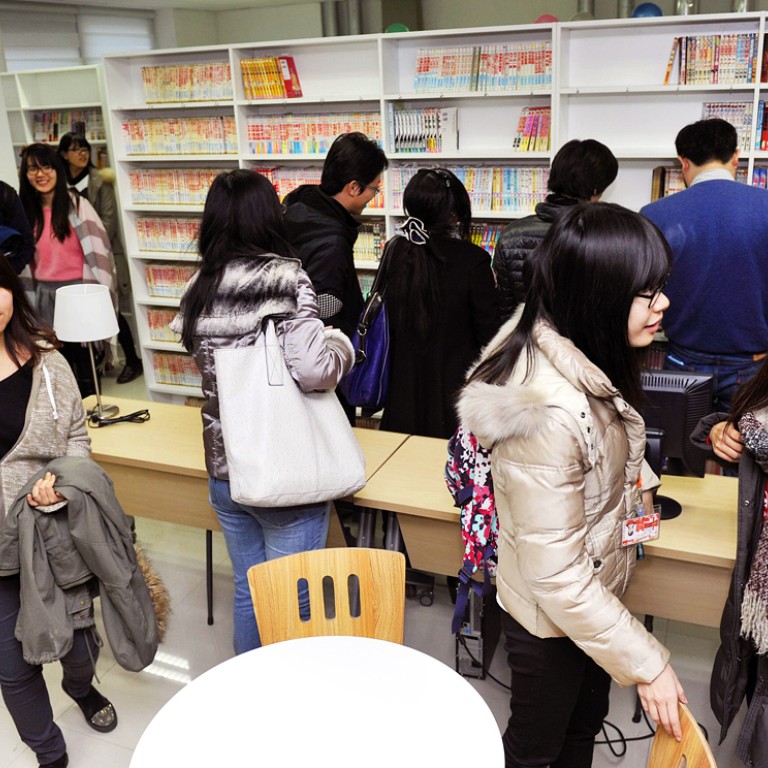
China dominates emerging market university rankings for second year in a row
China expanded its dominance in tertiary education over other BRICS economies as two of its institutions topped a university rankings table for the second consecutive year.
China expanded its dominance in tertiary education over other BRICS economies as two of its institutions topped a university rankings table for the second consecutive year.
Peking University retained its first place in the Times Higher Education BRICS and Emerging Economies Rankings next year, released early on Thursday. It received an overall score of 67.7 out of 100.
Its neighbouring institution in Beijing, Tsinghua University scored 67.2 to defend its second place.
This year saw China strengthen its supremacy over other emerging economies, with 27 institutions in the top 100, up from 23 last year when the study was inaugurated.
The editor of the rankings, Phil Baty, said: “China stands head and shoulders above the other large emerging BRIC economies – Brazil, Russia and India.”
Compiled by Reuters Thompson, the rankings include only institutions in countries classified as “emerging economies” by the FTSE. These include the BRICS nations of Brazil, Russia, India, China and South Africa. Hong Kong and Macau are not included.
Peking University also received full scores in one assessment area. It was given 100 marks in industry income, which measures a university’s ability to help industry with innovations, inventions and consultancy.
The rankings’ compilers say this area has become a core mission of the contemporary global academy. Tsinghua scored 99.7 in this area.
Taiwan was the second most represented region with 19 institutions in the top 100 – two fewer than last year. Three of them made it to the top 20. These were the National Chiao Tung University at 11th, the National Tsing Hua University at 18th and the National Cheng Kung University at 20th.
India has 11 universities in the top 100, up from 10 last year, led by the Indian Institute of Science in 25th place. It is followed by Russia, which has seen huge improvements with seven institutions making the top 100, up from two last year.
Brazil has four institutions in the top 100, with the University of São Paulo moving into 10th place from 11th last year.
South Africa has five top-100 institutions, led by the University of Cape Town in fourth place.
The rankings use the same methodology as the Times Higher Education World University Rankings. Factors considered include scholarly citations, research income and the proportion of foreign students.
